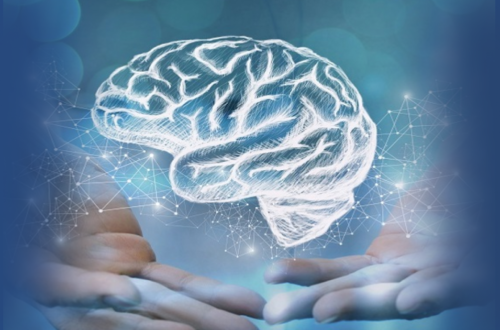What to Expect at my first Doctor visit

Going to the doctor can be stressful, especially if you are fearful of the diagnosis. When you are experiencing memory concerns, you can be especially fearful and/or resistant to see the doctor at all.
Being prepared and having an idea of what to expect, reduces stress and anxiety.
I suggest getting a notebook or taking notes on your phone before and during the doctor visit to record information and suggestions the doctor may offer.
Information for you to gather in advance will include:
- complete list of medications along with strength and dosages
- list all supplements or natural herbs you take
- a list of all surgeries
- a history of prominent medical conditions affecting other family members, especially if they had Alzheimer’s or other dementias
- the type of symptoms you are experiencing
- when they first began
- how often they happen
- if they have gotten any worse
- if there has been any drastic weight loss or gain
WHAT TESTS WILL HE LIKELY REQUEST?
With all your information in hand, you are now prepared for your doctor's visit. The doctor will cover all your gathered information to correctly understand your situation. There will likely be questions about your diet and exercise as well as any irregular sleep patterns, rapid weight gain or loss, and any depression.
The Physical Exam
The physical examination will include: checking your weight, temperature, blood pressure, pulse, and oxygen saturation. The doctor will also listen to your heart and lungs.
Blood and urine samples may be taken to rule out curable problems like anemia, infections, vitamin deficiencies, thyroid problems, kidney or liver issues, dehydration, or any problems with the heart. All of these can cause symptoms that present very much like dementia.
Cognitive Evaluation
Next, the doctor will perform a cognitive evaluation that will likely include asking basic questions like:
Tell me your address.
Who is the current president of the United States?
What year is it?
Do you know the date and time?
The doctor may ask you to draw a clock and then have the hands point to show a specific time. You may also be asked to spell a word backwards, remember five words, count backwards, or replicate a drawing. Following a short list of instructions could be included in the exam, as well as questioning the patient to see if they are personally aware of any issues.
Neurological Examination
The doctor will perform a neurological examination to rule out other possible brain disorders. You can expect your physician to test:
Muscle tone and any weak areas
Reflexes
Speech
Your coordination
Sensation
If your eyes can track correctly.
As part of the neurological examination, your doctor may order a Computed Tomography or CT. Your doctor may request a Magnetic Resonance Imaging or MRI instead. These tests map the brain and can show many things such as past strokes, whether mild or severe, plaque and tangles commonly associated with Alzheimer’s, tumors, any fluid build-up on the brain, damage from a severe head injury, and brain shrinkage.
Conclusion
Once all tests are complete, the doctor will have you come back to hear all the results. I recommend having a trusted person attend with you. Note-taking is also advised as there may be a lot of information, suggested dietary or lifestyle changes, follow-up information, and more that you will want to remember.
Having answers allows proper planning.
I hope this has been useful to you! Feel free to e-mail me if you have topics that need addressing. [email protected]



